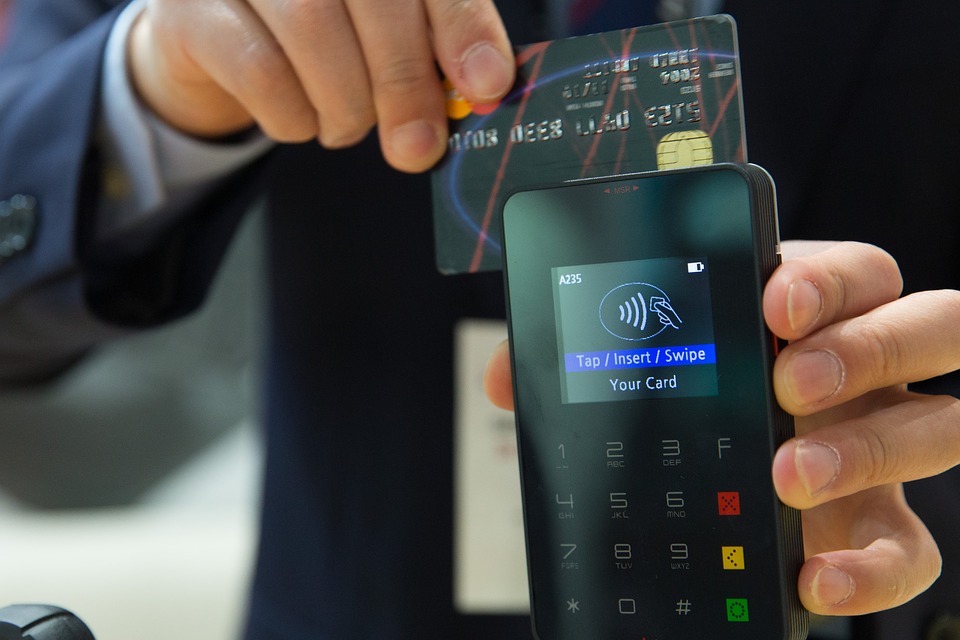Congratulations! You made it through another holiday season, hopefully, unscathed by fraudulent use of your credit cards.
While the winter holiday season is generally a time full of goodwill, a time when people try to see the best in each other (or at least be less pessimistic), criminals aren’t dissuaded by the thought of getting coal in their stockings. They think nothing of the problems that their unlawful behavior causes for the rest of us. In 2014, criminals cost Americans nearly $15 billion over the holiday season through credit card fraud, retail theft, fraudulent returns, and even counterfeit money. There’s no way of calculating the amount of time lost by victims of credit card fraud in the resulting hassle of straightening out the situation with their credit card company or the police.
It’s never too early to start getting ready for next winter’s holidays, and many of the sensible shopping tips designed to keep your financial information safe can be practiced at any time of the year. As with many things in life, making the effort to take precautions can save you a lot of aggravation in the long run. When you are out shopping, stay alert. Don’t leave your wallet in your coat or in your purse unattended – not to use the dressing room, go back to the buffet line or visit the restroom. Don’t leave it in plain sight in your car, either. Criminals who want to steal your personal information are very good at watching and waiting for you to step away. They are also known to work in teams with one person distracting you while another snatches your wallet. Many times, purchases are made before the card’s owner even knows it’s missing.
Of course, many of us prefer the convenience of shopping online. A recent study shows that card, not present (CNP) fraud attempts occurred in 2015 in one out of every 86 transactions, up significantly from one of every 114 transactions the previous year. Furthermore, the popularity of “buy online and pick up in-store” is a fresh opportunity for many cyber thieves, because most retailers don’t mandate re-running cards when consumers come for their purchases.
While banks and credit card companies absorbed 90 percent of the fraudulent transactions reported in 2014, unsuspecting consumers continue to put themselves at risk by browsing in free Wi-Fi zones, using public mobile hotspots, or shopping online at unverified websites. Also, clicking on links in emails rather than going to the websites of well-known retailers by typing them in the address bar can lead to trouble. All of these scenarios make it much easier for hackers to intercept online transactions, passwords and financial information.
Credit cards are preferable to cash, which could be counterfeit and is virtually impossible to track and to debit cards, which do not offer much protection against future loss. And credit card companies are supposed to help their clients in cases of fraudulent use. If you suspect someone has hijacked your card or card number, notify your card issuer immediately to cancel the card and arrange for a replacement. Most card companies cap your liability at zero dollars if you report the unauthorized credit card charges soon after discovering them, and under the Fair Credit Billing Act, you can be held liable only for the first $50. You should also file a police report.
If you have several credit cards, stick to using just one for shopping to help contain the damage in case the worst happens. And it never hurts to check your credit report. Federal law allows you to get a free copy of your credit report every 12 months from the three credit reporting companies. Consider spacing out your requests to every four months to ensure year-round coverage. The reports can be requested by visiting the annual credit report website, by calling 1-877-322-8228, or by writing to:
Annual Credit Request Service
PO. Box 105281
Atlanta, GA 30348-5281
While credit card fraud cases tend to increase around the winter holidays, your personal and financial information can be misappropriated at any time. By being vigilant, you should be able to prevent thieves from stealing your identity and ruining your cheer, any day of the year.
About the Author
Thomas Bunch is a business bankruptcy attorney in Lexington, Ky at the Bunch and Brock Law Firm. He has served Central Kentucky for over 5 decades and is an active participant in the Lexington Community.






















